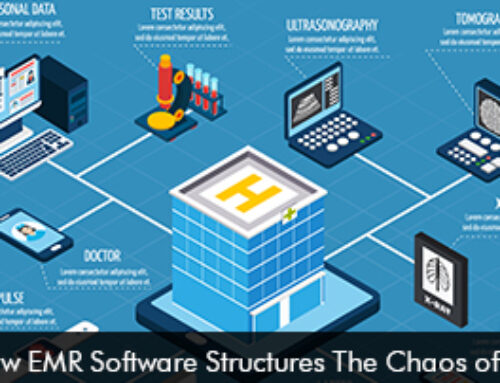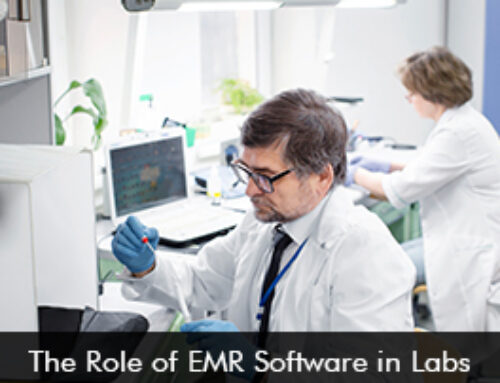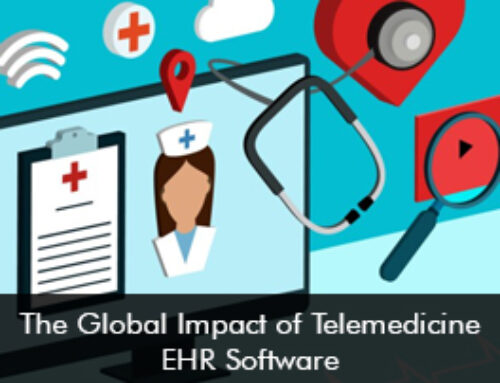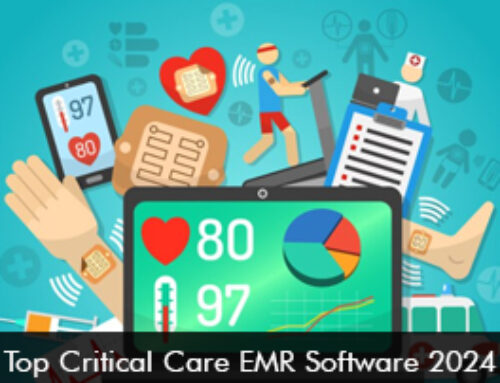Telemedicine EMR Software solutions help to connect patients and providers through virtual sessions, electronic consultations, and wireless communication. Telemedicine adaptation rates boomed as it is seen as an effective healthcare solution to provide prompt treatment keeping everyone safe from the COVID-19 virus. Hospitals in the United States are deploying telehealth software systems rapidly, in year 2010 only 35% of the hospitals were using this platform whereas in 2017 76% of hospitals have implemented computerized telemedicine solutions.
Remote Visits and Medical Specialties
Primary care is not the only healthcare solution that can be offered via remote visits, the fact is that the telemedicine model is similarly beneficial for various medical specialties such as cardiology, dermatology, and psychiatry. The robust platform helps specialty practitioners to effectively diagnose and treat various patient conditions from the comfort of their homes.
5 Medical Specialties using Telemedicine EMR Software to Treat Patients
- Cardiology – Patients who have various heart conditions require on-going patient monitoring and precise treatment plans. The telemedicine platform has facilitated connecting cardiologists with their patients so they can closely monitor conditions like BP and heart rate to avoid any sudden visits to the hospital. Patients can also monitor their conditions through remote monitoring devices that send the results to doctors so they are updated about their patient’s conditions in real-time.
- Dermatology – HD video consultations are seen as effective to treat various skin conditions such as acne, eczema, and hives. These skin disorders can be simply treated through remote consultations and the doctor can examine them clearly to provide the best treatment options. Televisits can also be used for serious triage skincare requirements.
- Psychiatry – Telemedicine sessions help to connect patients suffering from behavioral health conditions with their therapist. The timely sessions conducted through video sessions help to solve anxiety and depression issues. The patient does not have to wait to visit their therapist’s office but can easily communicate through the convenient platform. With the inception of the COVID-19 pandemic people have been facing many mental health issues dues to loss of jobs, uncertainty in the environment, and unable to visit their friends, fortunately, telemedicine sessions have provided timely care to patients without hindering their privacy.
- Obstetrics and Gynecology – Virtual visits can play a vital role to offer care to new mothers suffering from post-partum depression and proving different family planning options to couples. Post-op patients can also be closely monitored through remote visits which is a great upside for patients.
- Oncology – Oncologists can use the powerful telehealth module to monitor their patients without having them visit their clinic especially during the pandemic. Patients with underlying health conditions are advised to avoid public spaces and telemedicine has helped cancer patients to receive effective treatment through care plans and medication management. Any serious issues can be highlighted through remote sessions and then the patient can be advised for an in-person visit.
The future of Telemedicine
The prospect of telemedicine EMR Software solutions seems promising due to its many benefits for healthcare specialties. The platform benefits both patients and providers by connecting them promptly so effective diagnosis and treatment can be given. The telemedicine module has helped to improve patient outcome levels and provides an opportunity for patients living in rural areas to get the right treatment at the right time. It’s no surprise that patient adoption of telemedicine services has increased to 49% in 2020 from 11% in 2019 according to McKinsey which reflects that telemedicine is on the rise.







